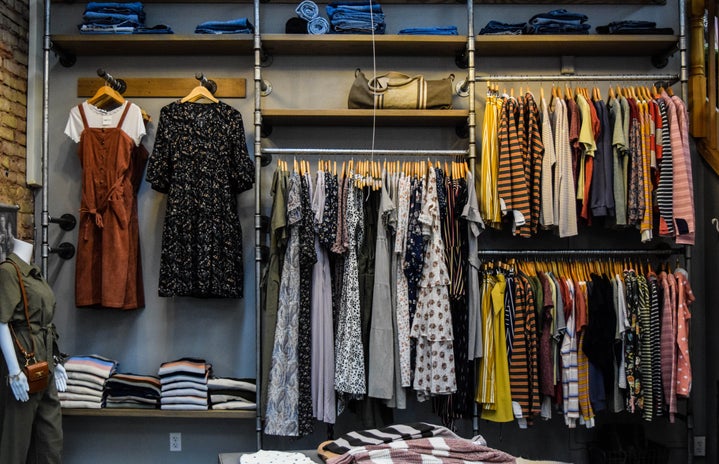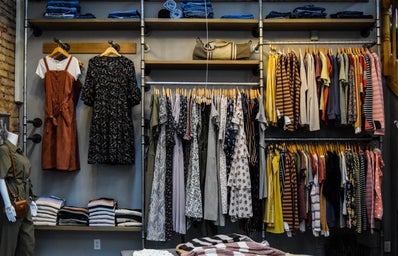Karl Lagerfeld, the head designer of Chanel, has passed away at age 85. His talent is undeniable, and his accomplishments deserve to be recognized. His patterns of racism, sexism, and misogynistic behavior also deserve to be recognized. Too often society posthumously idealizes the legacy left behind of morally questionable individuals. It is okay to recognize the good that comes out of the bad, so long as we still publicly denounce that bad.
For example, what if you hear someone claim, “all evil [is attributed to] Jews or to the Jewish capitalists?” You acknowledge the flaws in this thinking, you condemn this way of thinking, and I doubt you regard this man as a hero. But this man is Henry Ford, of Ford Motor Company. This man created an automobile empire through hard work and determination, and many people do regard him as a hero. Now, let’s take a look at Mr. Lagerfeld.
Fashion has always been a thin girls game. While this super-skinny, super-model stereotype has shifted in recent years, Lagerfeld’s vision failed to evolve with the times. For instance, his opinion of Heidi Klum was that she was “’simply too heavy’ to be a runway model”. Yes, size four Heidi Klum, according to the Chanel mastermind, was “too heavy.” Lagerfeld also had some choice words for Klum’s ex-husband, Seal (who suffers from Lupus): “I am no dermatologist but I wouldn’t want his skin. Mine looks better than his. He is covered in craters.” Clearly Lagerfeld was rude, insensitive, and he frequently expressed hurtful opinions. When asked about singer Adele, Lagerfeld claimed she was “a bit too fat.”
Let’s move on to another aspect of women’s bodies and tackle the #MeToo movement. When asked his feelings surrounding the movement, Lagerfeld did not hold back. After claiming he was “fed up” with the anti-sexual harassment agenda he added, “What shocks me most in all of this are the starlets who have taken 20 years to remember what happened. Not to mention the fact there are no prosecution witnesses.” With this one comment, Lagerfeld clearly illustrated that he had no respect for the plight of women—minimizing their harassment—and he clearly didn’t understand why many had to veil their experiences for fear of retribution and unemployment until now. He chose instead to belittle their experience instead of recognizing what most people accept as a prolific problem that has been brought to light by the #MeToo movement.
There are many more controversial quotes but, for now, we will use the examples listed above. Karl Lagerfeld was not a great guy. He disparaged others for their appearance and religion. He attempted to mask the #MeToo movement behind statements of quasi-logic in an effort to undermine the female sex he constantly disrespected. It is okay—in fact it is encouraged—to admire the hard work and dedication that Karl Lagerfeld possessed in the same way that it is okay to admire these same qualities in Henry Ford. However, we shouldn’t elevate the designer to some kind of venerated status because this encompasses the whole person, encompasses the prejudice. This would be an acceptance of his way of thinking solely because he designed some nice clothes. Turning the designer into a hero only encourages Lagerfeld-ish behavior in future generations, and that is a very dangerous thing to do. We need to remember Karl Lagerfeld as he truly was, an iconic designer and kind of a d*ck.
https://www.pbs.org/wgbh/americanexperience/features/henryford-antisemitism/
https://nationalpost.com/entertainment/karl-lagerfeld-insults



